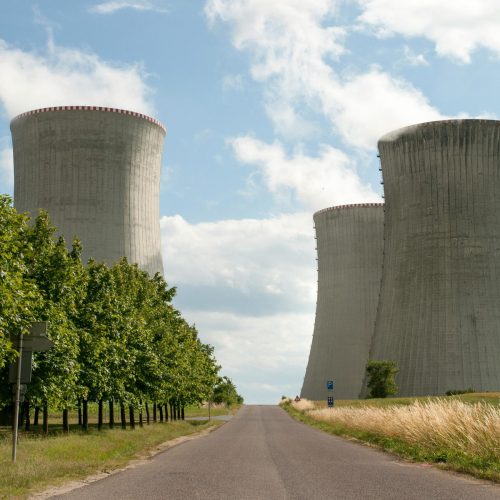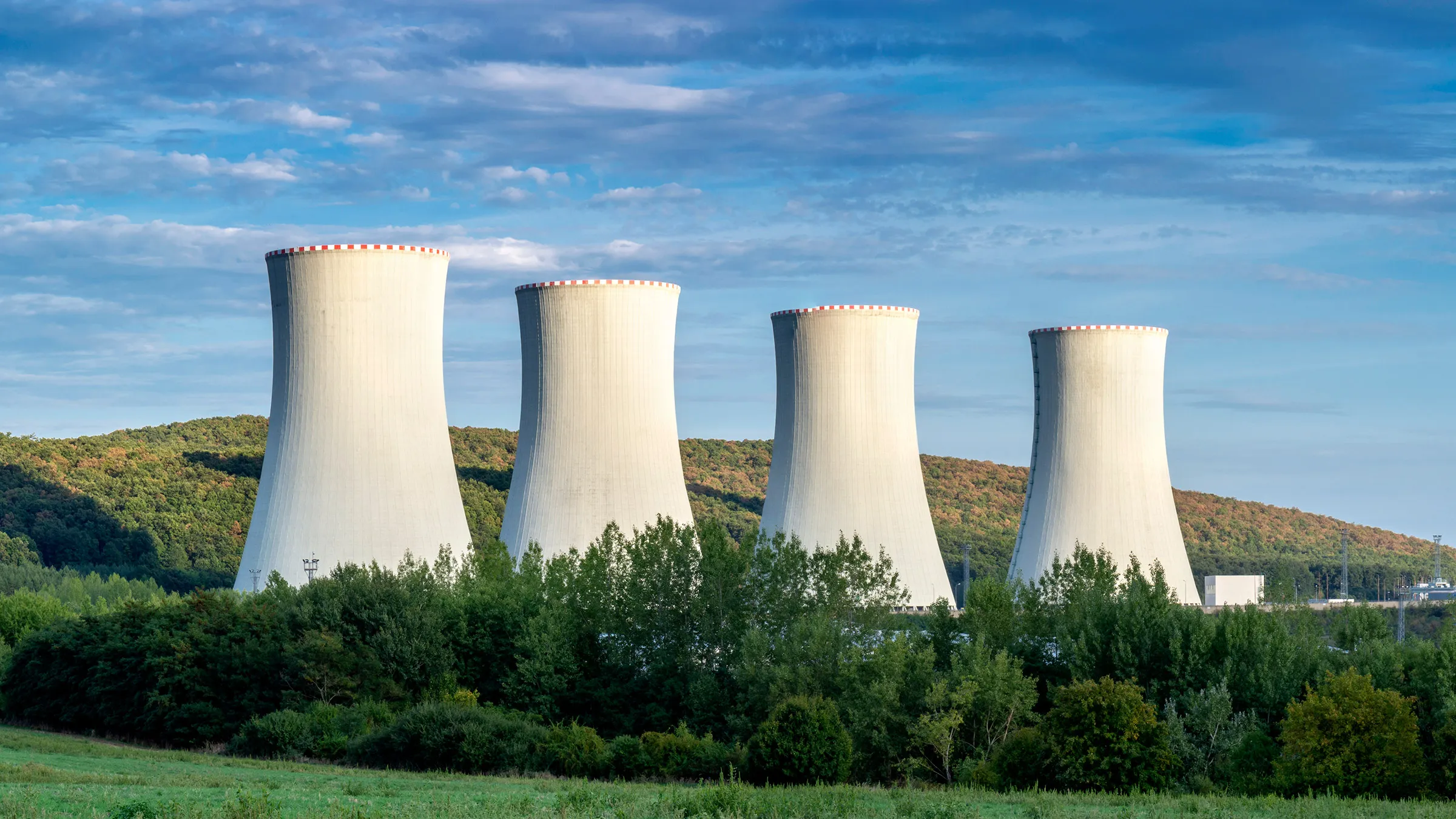Upgrade to a Cleaner, More Efficient Fuel Solution
Leading manufacturers and power generators have embraced the utilization of tire-derived fuel (TDF) in their fuel blend. This innovative approach offers numerous advantages, including its exceptional heat value, minimal bottom ash production, and significant reduction in greenhouse gas emissions. TDF, derived from recycled tire shreds, can effectively replace conventional fossil fuels such as coal, petcoke, and natural gas in co-fired boilers and kilns. Recognized by the esteemed U.S. Environmental Protection Agency as a viable alternative, TDF not only benefits the environment but also provides substantial cost savings, generating an impressive 25% more energy than coal.
Alternative Fuel for Manufacturing
In the world of business, the utilization of alternative fuels has become paramount. Industries such as cement kilns, pulp and paper mills, steel mills, power plants, and boilers can now reap the benefits of tire-derived fuel (TDF). This remarkable fuel source offers a cleaner and more cost-effective solution compared to traditional coal and petroleum coke. The incredible efficiency of TDF translates to less fuel consumption overall, as a mere 1 ton of TDF can effectively replace 1.5 tons of coal. Furthermore, TDF boasts a staggering 25% increase in energy output compared to coal. As if these advantages weren't enough, TDF also plays a significant role in reducing the accumulation of boiler bottom ash, which is not only challenging to eliminate but also burdensome on landfills.


Alternative Fuel for Power Generation
Did you happen to know that power plants have the option to utilize tire-derived fuel as an environmentally friendly energy source? Surprisingly, it is even categorized as renewable in certain regions. Take, for example, the North Carolina Utilities Commission, which acknowledges TDF as a renewable energy resource for renewable energy certificates (RECs), attributing 24% of its content to natural rubber. Moreover, TDF proves to be more efficient than fossil fuels, resulting in reduced levels of moisture, sulfur, nitrogen, and ash residues. This is undoubtedly a win for the environment, as it leads to the release of fewer greenhouse gases.


